

On the eighth day of the Chinese New Year, China Cultural Centre in The Hague will launch the Dutch online premiere of the concert "Beautiful Scenes of Suzhou" on our official Facebook page.
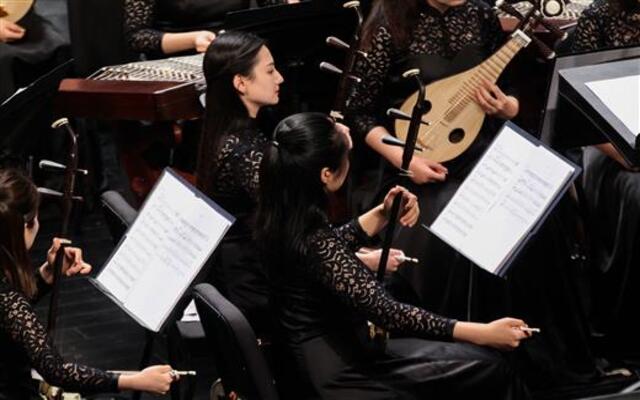
The concert is a large-scale themed performance staged by the Suzhou Chinese Orchestra, a high-level folk music group in Jiangsu. The performance is directed by Peng Jiapeng, an acclaimed conductor who is the orchestra’s artistic director and chief conductor. With the help of the international expression of symphony, it tells the true, vivid and fascinating stories of Jiangsu. This concert performed two repertoires of the orchestra, "Jasmine" and "Lyrical Variations", and includes Chinese orchestral works "Peach Blossom Temple" and "Wu Yue Chunqiu" by contemporary composers Guo Wenjing and Li Binyang. Through musical vocabulary, they told the historical and humanistic stories of Suzhou, showing the different feelings and unique impressions Suzhou left in their respective minds.
This concert is also recommended by Frank Kouwenhoven, director of CHIME, European Foundation for Chinese Music Research, as follows:
"On the occasion of the Chinese New Year, the Suzhou Chinese Orchestra (SCO) offers a dazzling programme of (partly recent) pieces by some of the People’s Republic’s finest composers. I would like to wholeheartedly recommend this concert, especially to lovers of romantic symphonic music and to people interested in Chinese instruments. You’ll be sure to enjoy it!
The idea of the ‘Chinese Orchestra’ derived from extended folk ensembles of traditional instruments, which already existed in China in the late 18th century or earlier. But orchestras with a full symphonic shape and size first emerged as experimental ensembles from the 1950s onwards, essentially emulating the Western symphony orchestra with Chinese means. For such large groups to play intricate harmonies and to stay well-tuned, it was necessary to modify many of the Chinese instruments employed. Consequently, many Chinese wind instruments were equiped with valves, string instruments were given a bigger sound through metal strings, and some instruments were completely reshaped, with bigger resonating bodies, or with pedals or other devices, resulting (in many cases) in unique new instruments. In this concert you may be able to spot, among the numerous new inventions, an amazing king-size version of a traditional Chinese mouth-organ, originally the mere size of an ashtray, but here too big to be lifted to any player’s mouth, and equipped with a keyboard, actually looking more like a small church organ!
The first pieces written for Chinese orchestra in the 1950s happened to be relatively folksy and upbeat works, not unlike the folk ditties performed by old men in local teahouses. But soon professionally trained composers began to write much more challenging and ever more ‘symphonic’ pieces, putting increasingly high demands on the performers. The orchestras ended up including cellos and other Western instruments to secure a sturdy ‘bass’ section. And they have enriched their repertoire with ever more complex and gratifying music.
The Suzhou Chinese Orchestra, under its fine conductor Peng Jiapeng, is fully up to the task of such pieces. They start off aptly with a delicate arrangement of Jasmine Flower, a folk tune from Jiangsu so popular that it has almost become like a kind of second national anthem for China.
A big contrast is offered by the grand romantic style of Liu Changyuan’s Lyrical Variations which follow, a solemn symphonic fresco that starts of and ends with a fine bamboo flute solo, and features substantial contributions from the wind section. The third work in the programme, Peach Blossom Temple, is an exquisite and evocative suite that explores a more ‘impressionistic’ and modernistic idiom, frequently evoking mystery and suspense. It’s a labour of love for Guo Wenjing, arguably one of China’s greatest contemporary composers, and an artist who relishes in this kind of evocative mysterious moods. Guo is well-known to classical concert-goers in Holland because of splendid contemporary operas which he wrote, co-commissioned by the Nieuw Ensemble, for several editions of the Holland Festival.
The final work in this concert is Li Binyang’s impressively dramatic and electrifying Spring and Autumn of Wu and Yue, a piece like a thunderstorm, which evokes historical battles and grand history. You can expect extensive fireworks on percussion, and high-speed acrobatics in strings and winds, with only temporarily relief in some brief introspective passages. But that’s not all. A brief bonus is offered at the end of the concert, in the shape of a delicate and subdued Nocturne written by Liu Changyuan.
I wish everyone a great listening experience!"
The premiere runs from 20:00 CET to 21:35 CET, 19th, Feb.
Join us via the following link:
Let the booklet guide you through over two hundred works by the Dutch and Chinese youth.
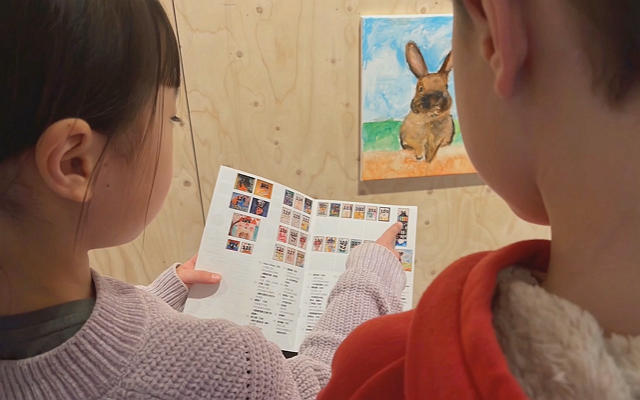
The Bunnies will be staying at Markthal until 5 Feb, and then migrate to Timmerhuis!
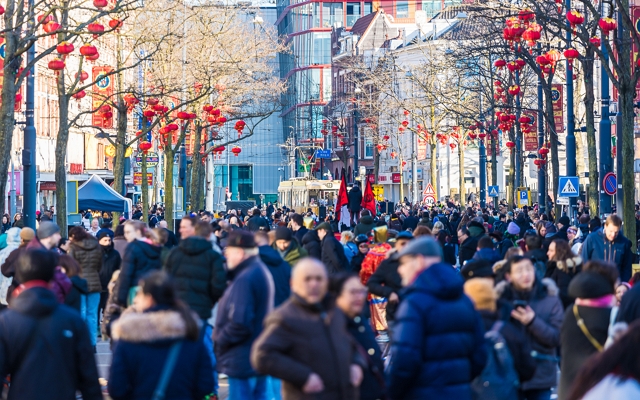
Silk Road- a New Look Picture Exhibition & Jiangsu Intangible Heritage Innovation Show. Date: Until 31st August, 2017. Location: Multi-media Hall, 2n...
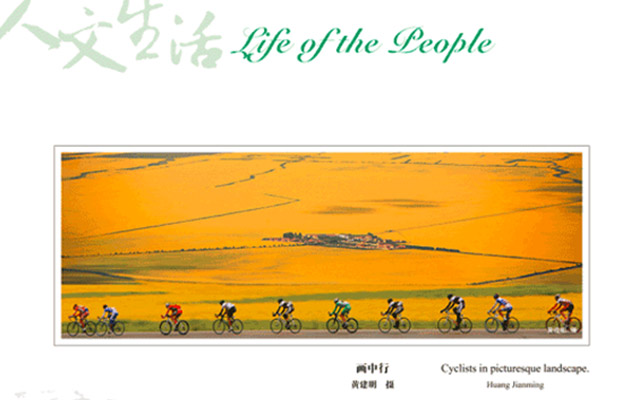
...which is very much needed during these often cold and windy days.
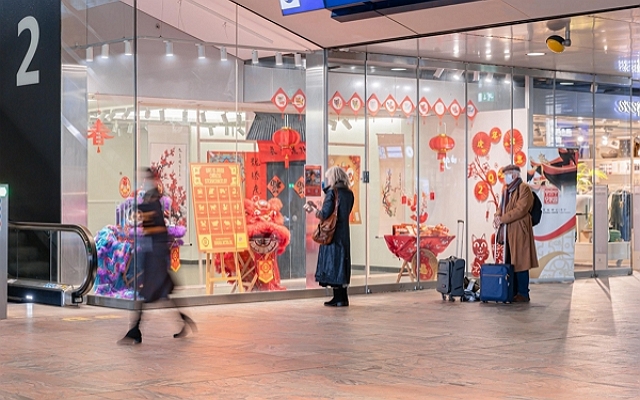
© 2023 China Cultural Center in Den Haag | Privacy policy